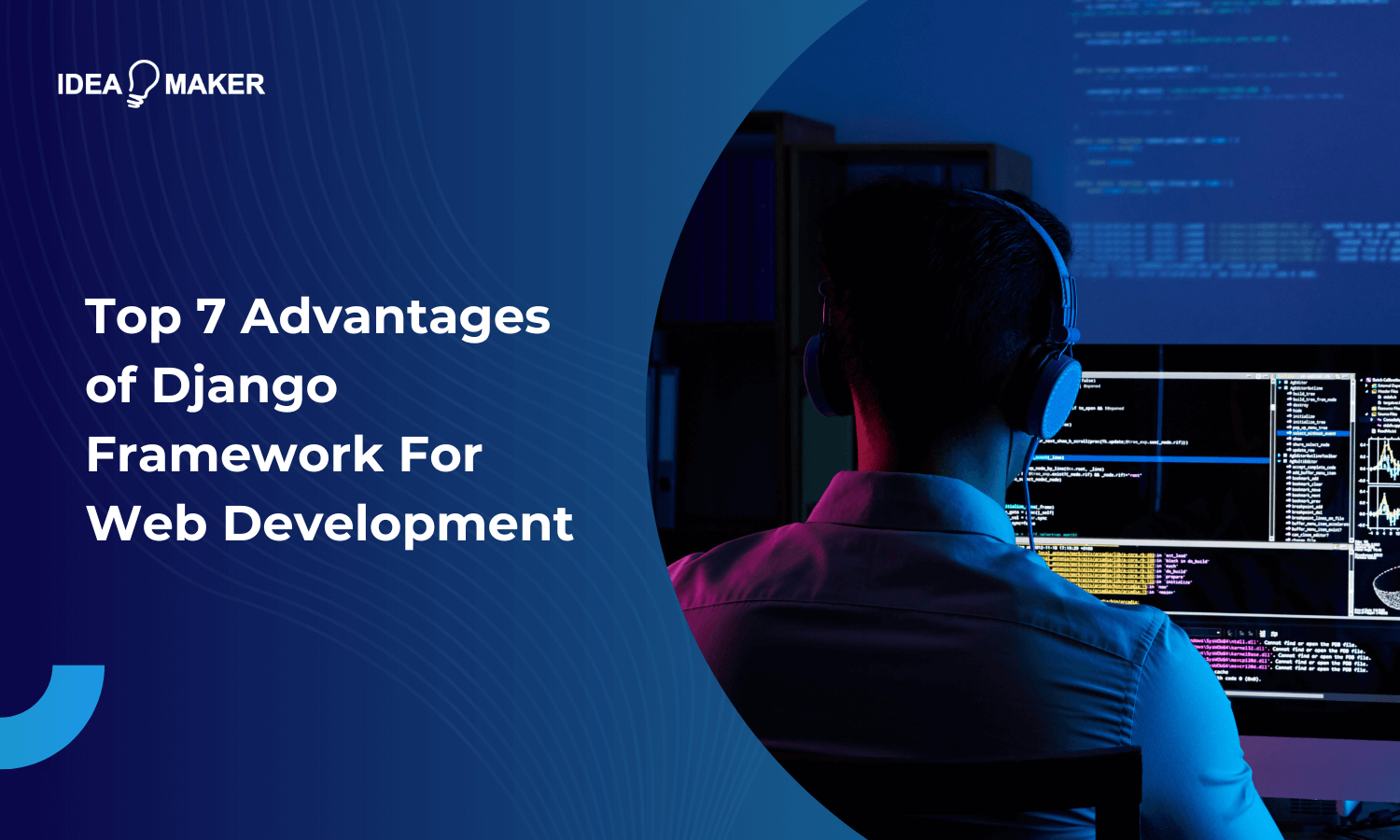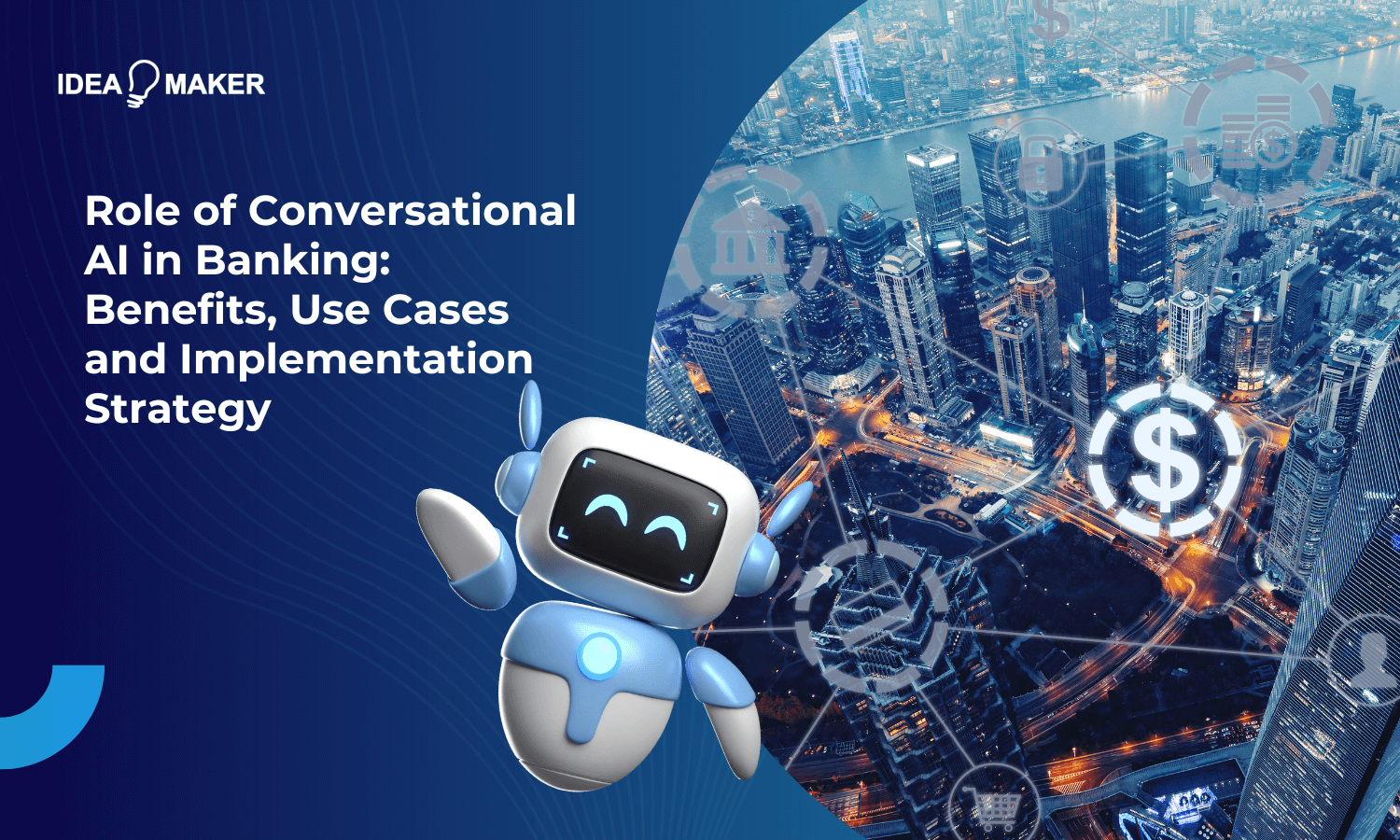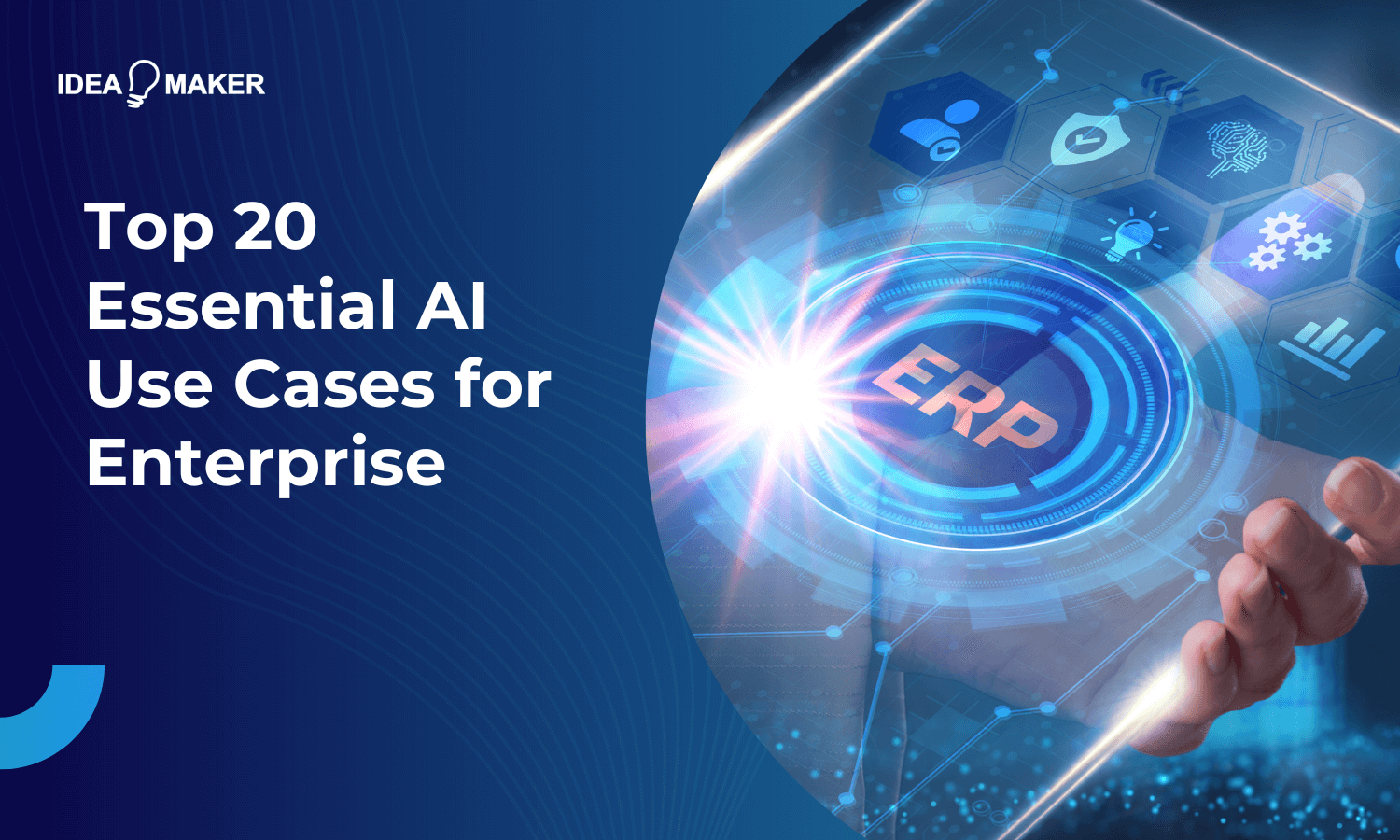Finding the best web development framework for your business can be quite challenging, as choosing the wrong one can lead to a slew of issues and even increased costs. However, Django, one of the most popular and accessible frameworks available, can help ease the development process, saving time and money, thanks to its straightforward open-source and Python-based nature.
In this article, we’ll explore this framework more in depth and discuss what makes Django a great pick for your next project.
Table of Contents
What Is Django?
Django is a high-level web development framework that dramatically speeds up the development of secure and scalable web applications. The idea behind the framework is to build a reliable, versatile, and efficient tool for web development.
To deliver on its purpose, Django uses the model-view-controller (MVC) architectural pattern, which helps developers separate building the app’s UI from its business logic, allowing developers to create web apps quicker. The framework also promotes reusability, meaning that the logic of one project can be used in several others with minimal tweaks.
The many advantages of Django, including its admin interface, straightforward scalability, and built-in testing framework, ultimately ensure developers and business owners get their apps up and running faster than most other solutions.
What Is the Django Framework Used For?
Django is used to simplify and streamline the creation of complex and highly scalable websites and web-based applications such as social networks, e-commerce platforms, and online management systems.
The framework provides a straightforward development structure while enforcing web development best practices, leading to better websites and web applications. As a result, Django is perfect for any project that requires a database to run, as it’s equipped to handle database requests efficiently and securely.
As one of the most popular web frameworks today, Django is utilized by a variety of large companies like Mozilla, YouTube, and Spotify to develop web apps that are capable of handling millions of users each day.
7 Benefits of Django for Web Development
Django offers numerous benefits, including URL routing, top-notch database support, a template engine, an admin interface, and scalability, all in a high-level framework package. These features can help speed up development, improve organization, facilitate data management, and promote code reusability.
URL Routing Mechanism
Django’s URL routing mechanism makes the process of mapping URLs to views straightforward and intuitive. Think of it as a roadmap, directing incoming requests to the appropriate view.
This mechanism helps developers by keeping the codebase organized, making it easier to read, sort, and maintain. The system also allows for flexible URL patterns, enabling the creation of user-friendly URLs.
Overall, the routing mechanism is a great way to enhance the experience of users and developers alike, improving the structure and navigation of the whole web application.
Extensive Database Support
Django offers fantastic database support by leveraging object-relational mapping (ORM) to integrate with various database systems. ORM is a library that connects the framework with popular database systems like MySQL, SQLite, and PostgreSQL.
The versatility of ORM allows developers to work with multiple database systems with minimal code changes. This flexibility gives developers the freedom to use SQLite on test servers and then switch to the more robust MySQL on production with as little as changing a single line of code.
The ORM streamlines database interactions, handling tasks like updating, deleting, querying, and inserting data to reduce human interaction and make the database more efficient and less prone to human mistakes. Django also supports several other database-centric features, namely database connection pooling, data migration, and transaction management, improving database scalability, security, and performance.
Built-In Testing Framework
Django’s built-in testing framework simplifies the process of writing code and running tests to check for quality, flaws, and reliability in Django applications. The framework comes with a toolbox of tests, including tools for running tests, creating test cases, and generating detailed reports.
The automation of tests provided by Django allows developers to quickly identify and fix issues in a fraction of the time, resulting in apps with better performance and superior reliability. Developers can expect to find tests such as integration, functional, and unit tests, covering the majority of their code auditing needs.
With the built-in automated testing platform, developers and business owners can confidently develop and maintain robust web applications, reducing the risk of errors and delivering a superior user experience.
Built-In Template Engine
The built-in template engine allows developers to separate code and design, improving the reusability and maintainability of Django applications. The template engine uses the Django template language (DTL), which supports filters, loops, variables, and conditional statements, enabling web pages and web apps to be dynamically generated.
It also makes it easier to maintain consistency across the entire project by using template inheritance. The engine empowers developers to create reusable templates and a consistent design, saving them time and company money. The DTL resembles HTML, making it comfortable and familiar for most web developers.
The template engine strikes a fantastic balance between usefulness and familiarity, allowing companies to use familiar and easy-to-learn technology that can be customized to fit the project.
Admin Interface
The automatically generated admin panel is one of the most powerful Django features. Django developers don’t need to spend hours developing a safe and feature-rich admin panel since it already provides a secure, complete, and reliable admin interface straight out of the box.
The admin panel provides tools to handle administrative tasks such as user management, data manipulation, content management, and supports valuable features like filtering, search functionality, database manipulation and querying, and permission management. It’s also modular, meaning a Django developer can tailor it to the company’s needs.
Scalability
Many large companies, including YouTube and Spotify, use Django for web development since the framework can handle even the busiest websites and applications. Because Django’s architecture and design principles are all about scalability, the framework provides various tools to mitigate slowdowns from heavy traffic and large amounts of user interaction.
Django offers features such as load balancing, caching mechanisms, and database connection pooling that contribute to better performance and superior scalability. This scalability ensures the backend of the project never falls behind as the company evolves and grows. Even with many user interactions, Django-based web applications will remain responsive, offering a smooth experience free from performance bottlenecks.
High-Level Framework
As a high-level web development framework, Django provides a complete package of ready-to-use tools and comprehensive libraries to cover the most common web development needs and speed up the development process.
The idea is to mitigate the amount of time that developers must spend creating and implementing low-level systems and details, so developer time can be better spent improving app logic and refining complex systems.
The framework promotes code reusability, follows security best practices, and offers a robust development structure. This high-level approach increases developer productivity, reduces development time, saves money, enhances security against common web vulnerabilities, and enables the creation of scalable web applications.
Django-Based Web Development From Idea Maker
Django is the ideal web development framework for any company that wants a safe, scalable, and feature-rich solution that will grow with it. This is because it allows business owners to manage their web apps, scale them during peak usage, and manage users without the need to directly alter the code.
If you want to improve your web app and give your users the best experience even during peak usage periods, contact Idea Maker today and schedule a call. Our Django experts will be happy to bring your idea to life.




